Scotch Whisky Cask Investment -
Start Building Your Portfolio
Access to award winning distilleries
Fully licensed by HMRC
Unprecedented growth of the whisky industry
Stockists of a wide range of casks to suit all budgets
Casks are stored, inspected and insured in HMRC warehouses on your behalf
Choice of 6 flexible exit strategies
Tax efficient and highly liquid asset class*
Legacy – Estate planning strategies*

* You must be 18 or over to order with Vintage Acquisitions | 1. Whisky cask investments are unregulated in the UK | 2. The value of investments is variable and can go down as well as up | 3. Fees apply and these are outlined in our terms and conditions | 4. The volume of spirit will decrease over time, commonly known as ‘the Angels’ share’, see website for more details.
Download Your Free Ownership Guide
Purchasing casks of single malt Scotch whisky is rapidly becoming a popular choice for both new and seasoned investors looking to secure long-term growth.
Learn how to buy some of the worlds leading Scotch Whisky.
Why Use Us?
What You'll Learn in Your Free Guide
✓ A message from our founder
✓ About Vintage Acquisitions
✓ Products & services
✓ Reasons to buy
✓ Benefits of whisky cask purchase
✓ Whisky facts
✓ Choosing the right cask(s)
✓ Whisky by regions
✓ The purchase process
✓ An appreciating asset
✓ Client testimonial
✓ Flexible exit options
✓ Storage & provenance
✓ Frequently asked questions

We are educated stockists who own a large inventory of casks held under our HMRC license, allowing us to offer the widest range of quality casks to our clients, at competitive prices. HMRC have granted us all the correct licences and certifications (WOWGR/DNA) to trade and store whisky under-bond, giving our clients total peace of mind.
We currently have 6 tried, tested and flexible exit strategies when the time is right.
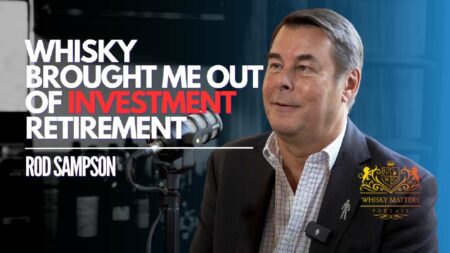
Our client Rod shares his experience.
Welcome on board
Invest with insight
Begin building a portfolio, choosing from our extensive inventory or speaking to an senior account manager. You’ll receive full certification of ownership and your casks will be transferred to Campbeltown Bond where you will have full autonomy over your cask(s) via an independent, cutting-edge, cask maturation software ‘Vapour’.
Legacy
Investing in Scotch cask whisky has increasingly become a popular choice for families looking to diversify their investment portfolios while also creating a legacy asset that can be enjoyed across generations.
Financial Stability and Growth*
- Appreciation Over Time: Unlike some other assets, whisky tends to gain value as it ages. It offers long-term financial gains and can serve as a hedge against market volatility.*
- Portfolio Diversification: Whisky casks offer a way to diversify an investment portfolio. Since the whisky market often performs independently of traditional financial markets, it provides a layer of security against economic downturns.
Heritage and Legacy
Family Heirloom: A cask of Scotch whisky can be passed down through generations, serving as a unique family heirloom that grows in both sentimental and monetary value.
Personalisation and Milestones
Special Occasions: Bottles can be drawn from the cask for family celebrations like weddings, anniversaries, or milestones, making each event truly special.
Desirability
The desirability of Scotch whisky lies in its rich history, craftsmanship, and the complexity of flavours it offers, all of which have contributed to its worldwide appeal. Below are some key factors that contribute to the allure of Scotch whisky:
- Heritage and Tradition
- Geographical Diversity
- Aging Process
- Quality Regulations
- Versatility
- Collector’s Appeal
- Cultural Influence
- Gifting Appeal
- Community and Camaraderie
No rocket science
Five Step Approach
01. MARKET SUITABILITY
Initial telephone call with a member of the team to establish your needs and objectives for purchasing cask whisky and to qualify whether the market is suitable.
02. RECOMMENDATIONS
Once qualified, we’ll ask you to set a comfortable budget and then we’ll professionally match your requirements/budget to our stocklist and present some options over email for consideration and further discussion.
03. SELECTION
Once you have decided on the cask(s) that suits your needs and budget, you will receive an invoice, including all the cask’s unique data. Once settled and your AML check has been completed/passed, you will receive an ownership pack including all your legal documents.
04. CASK STORAGE
Your cask(s) can be transferred to an existing private account by way of a ‘Delivery Order’ (DO) or held in one of our secure HMRC-approved excise warehouse accounts. All casks will be moved to our state-of-the-art HMRC cask maturation warehouse ‘Campbeltown Bond’ where you will have full access (physical & virtual) and full autonomy over your cask(s).
05. CASK PORTAL / VWC
As a cask owner you will be granted access to the members area of our website where you can access your portfolio through Vintage Acquisition’s bespoke portal, download documents and educate yourself further on the whisky market. When your cask(s) land at Campbeltown Bond, you will have full autonomy over your cask(s) via an independent, cutting-edge, cask maturation software ‘Vapour’. Lastly, you will be automatically enrolled as an exclusive member to our ‘Vintage Whisky Club’ (VWC).
Whisky Cask Investment - The Tax benefits
We take the time to understand your reasons and requirements for investing in Scotch cask whisky and only then do we make calculated recommendations from a position of knowledge.
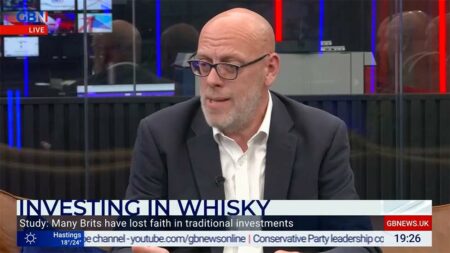
CGT: Capital Gains Tax
Cask whisky is CGT free meaning to you that you are 20% better off day one on gains you make in the future.
One of the key advantages of investing in whisky casks as a “wasting asset” is that the capital gains tax liability is exempt. When you sell a whisky cask and realise a capital gain (the difference between the purchase price and the selling price), that gain is not be subject to capital gains tax.
IHT: Inheritance Tax
There is no IHT between husband and wife, it directly affects your children and grandchildren. On second death of husband and wife all assets are totalled up by HMRC and taxed at 40% over and above the ‘nil rate band (NRB)’ which is currently £325,000.
Blue-chip Distilleries
We source from the best Scottish distilleries
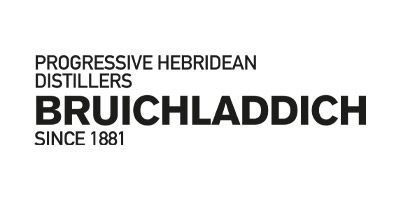
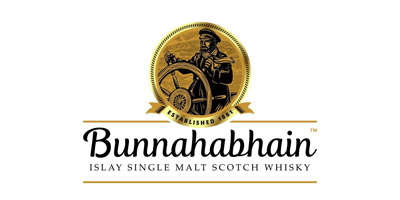
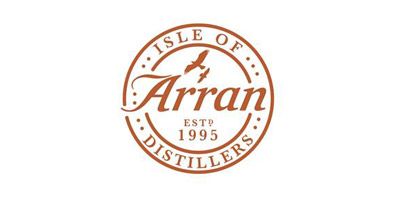
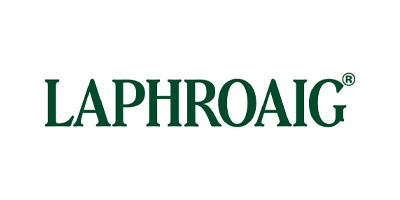
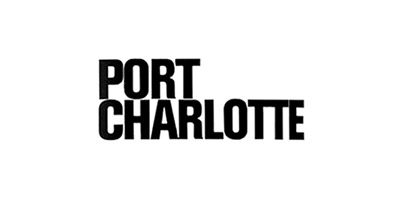
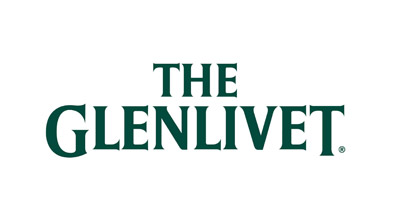
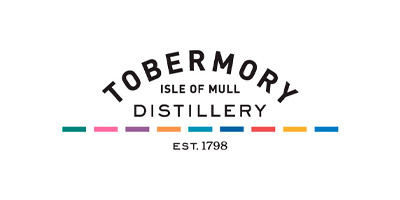
Download our Whisky Cask Investment Guide and speak to our experienced senior cask traders
You must be 18 or over to order with Vintage Acquisitions
*Vintage Acquisitions are not tax experts or financial advisers. If you need further clarification or advice on cask whisky purchasing please contact your financial adviser and tax specialist.
– Whisky cask investments are unregulated in the UK
– Fees apply and these are outlined in our terms and conditions
1. Vintage Acquisitions are not tax experts. If you need further clarification or advice on cask whisky purchase please contact your tax specialist or accountant.
2. We are not financial advisers, and the information in our brochure and on our website is purely to inform you about the nature of the Scottish whisky industry so that you can make an informed decision should you choose to buy a cask. We recommend you to speak to your financial adviser in the first instance.
3. The value of cask whisky can go up as well as down. If you wish to speak to someone regarding the cask buying process or any points raised in this guide or our website, please don’t hesitate to contact us.
4. If you wish to sample or bottle your cask. Please be aware duty and VAT will be due before the whisky has been bottled and the finished goods are removed from the HMRC licence warehouse. This remains the responsibility of the cask owner.
5. It is advisable to perform regular health checks on your cask every 3 years. Cask services are chargeable to the client, these include, regauging, samples and photographs.
6. Our WOWGR certificate (Departmental Trader Registration Number: 127 4643 13/0001) issued by HMRC, authorises us to store cask whisky in any appropriately approved Scottish excise warehouse. Therefore, we store casks of whisky across a number of distilleries and HMRC approved facilities in Scotland.